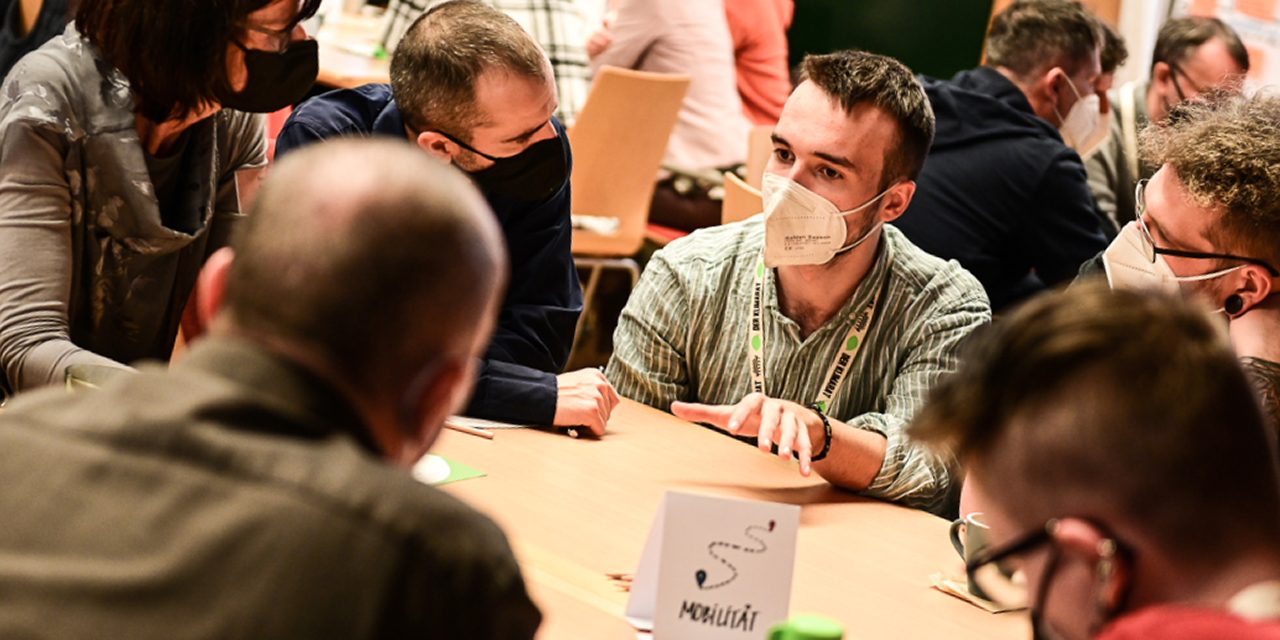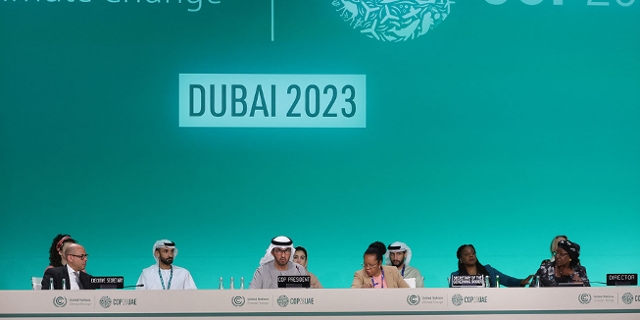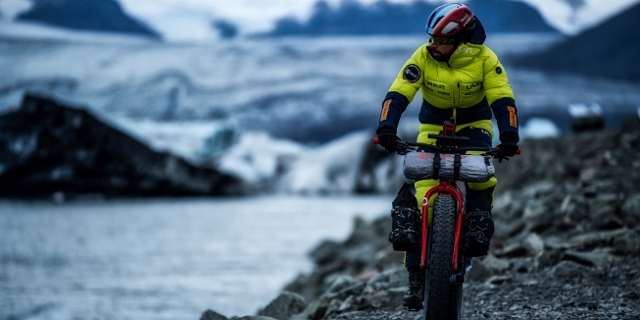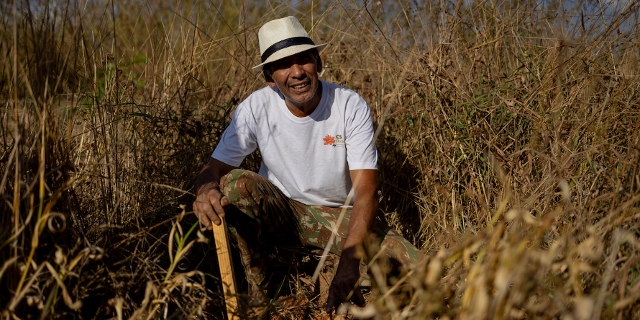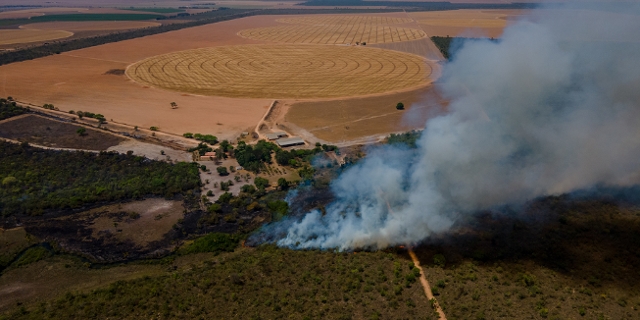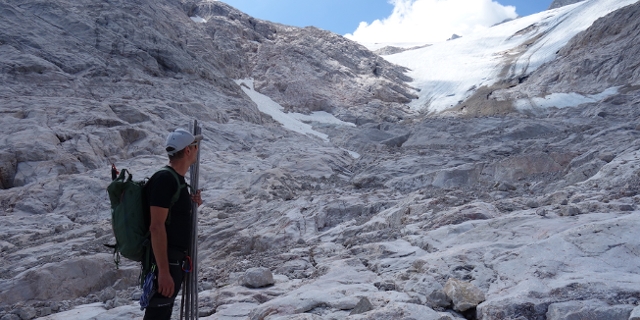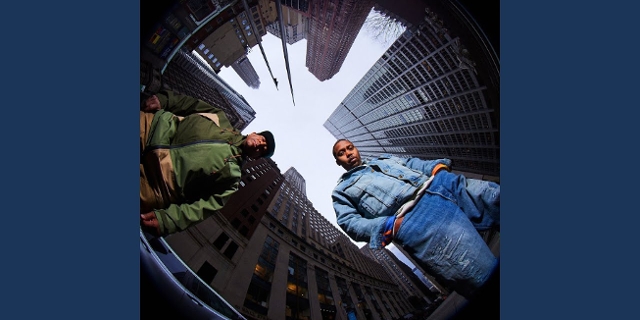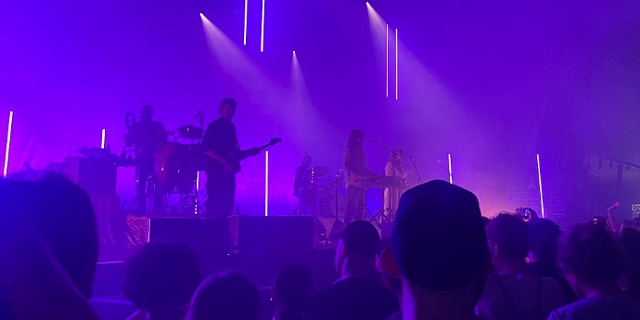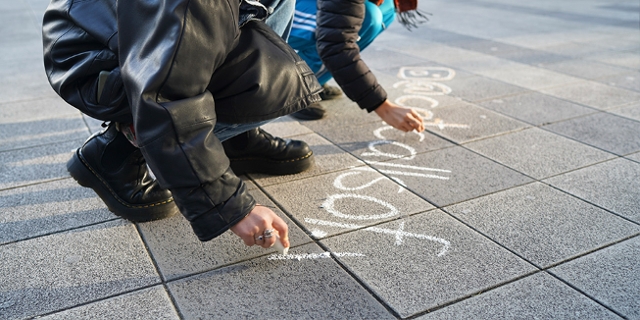Meet Austria’s Young Climate Councillors
“I think that we all know that we have to do something about the climate because if we don’t it’s going to be too late,” says Aeronne, who’s 18, “especially for the generations like mine and younger.”
Aeronne is one of the youngest members of Austria’s Klimarat, a think-tank of citizens brought together at the behest of the Austrian government to come up with ideas and plans to guide Austria to climate neutrality by 2040. The idea of the Klimarat was to create a sort of mini-Austria.
To make this as representative as possible Statistik Austria selected the hundred participants on the basis of age and social background using a system known as random sampling. In this way the council ensures that younger Austrians get engaged in climate discussions with older Austrians and those with white-collar backgrounds share perspectives with Austrians with blue-collar backgrounds. Students mix with retirees, while rural and urban Austrians confront each other with their respective realities.
I could go on. In short, it is a mini-Austria, but unlike maxi-Austria, everybody is talking to each other and listening to each other.
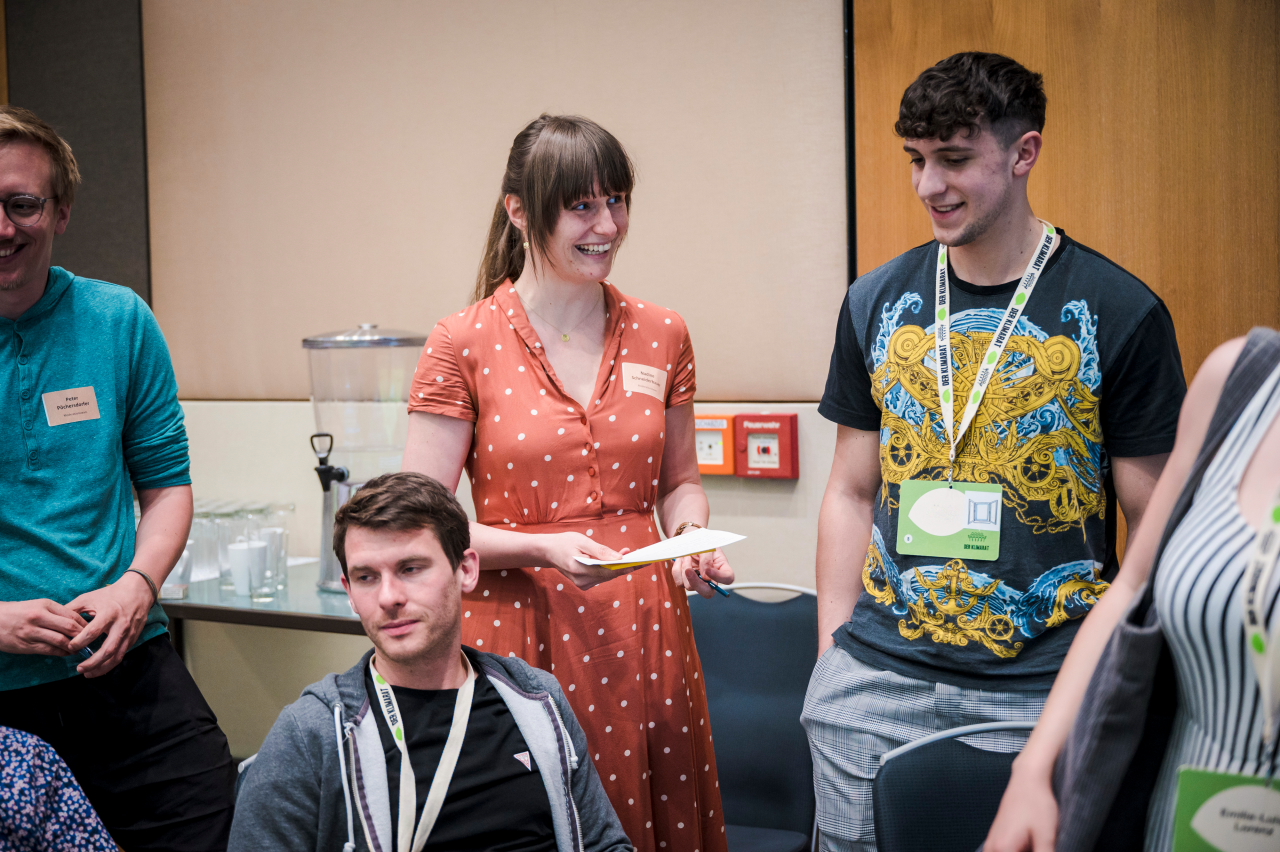
Klimarat/Karo Pernegger
A Big Commitment
Austria’s climate councillors all got letters in the post inviting them to be involved. Those who accepted have given up six of their weekends to take part in discussions. They get €100 compensation for their time and travel and hotel costs are paid. Of the 2,003 people invited to take part, only 128 said yes (there are 20 reserve climate councillors). After all, giving up 6 weekends and having to travel, is a big commitment.
Yet Aeronne, who is from Upper Austria, says she jumped at the chance. “I am one of those people who criticize the Government for not doing enough, but my dad says I can’t always criticize, I have to do something as well,” she says. “Now I got the chance to do it and why shouldn’t I take that chance?”
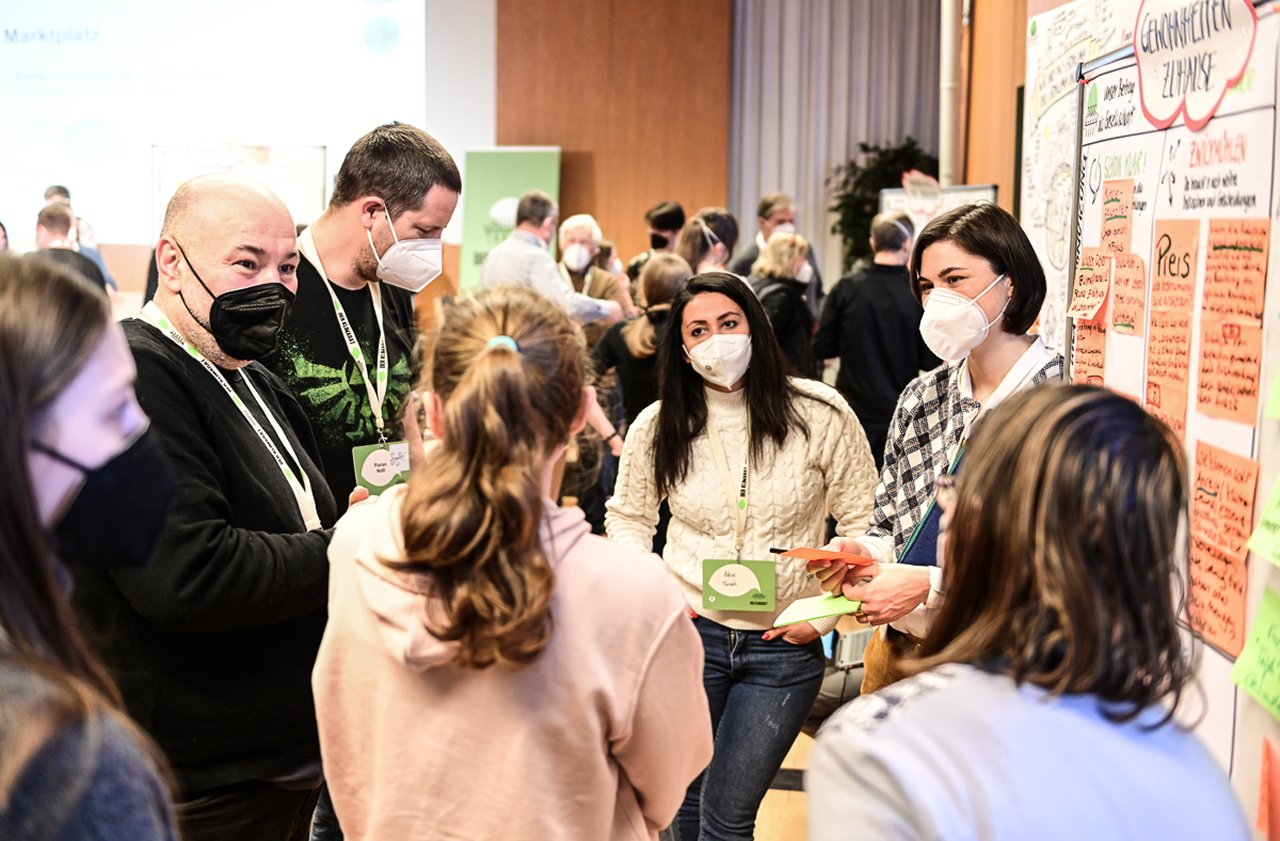
Klimarat/Karo Pernegger
Fewer Cars, More Renewables
The meetings have been held once a month since January, with the venue alternating between hotels in Salzburg and Vienna. Once the councillors have arrived their days are intense. There are lectures from scientists and then discussions in smaller break-out sessions, followed by brainstorming meetings and then the arduous task of condensing all the ideas on the paper to present to other groups.
Some of the ideas suggested by the council so far have included banning private cars from city centres, turning car parks into space for renewable energy creation, banning advertising for products that damage the climate and improving the integration of climate education into school education from an early age.
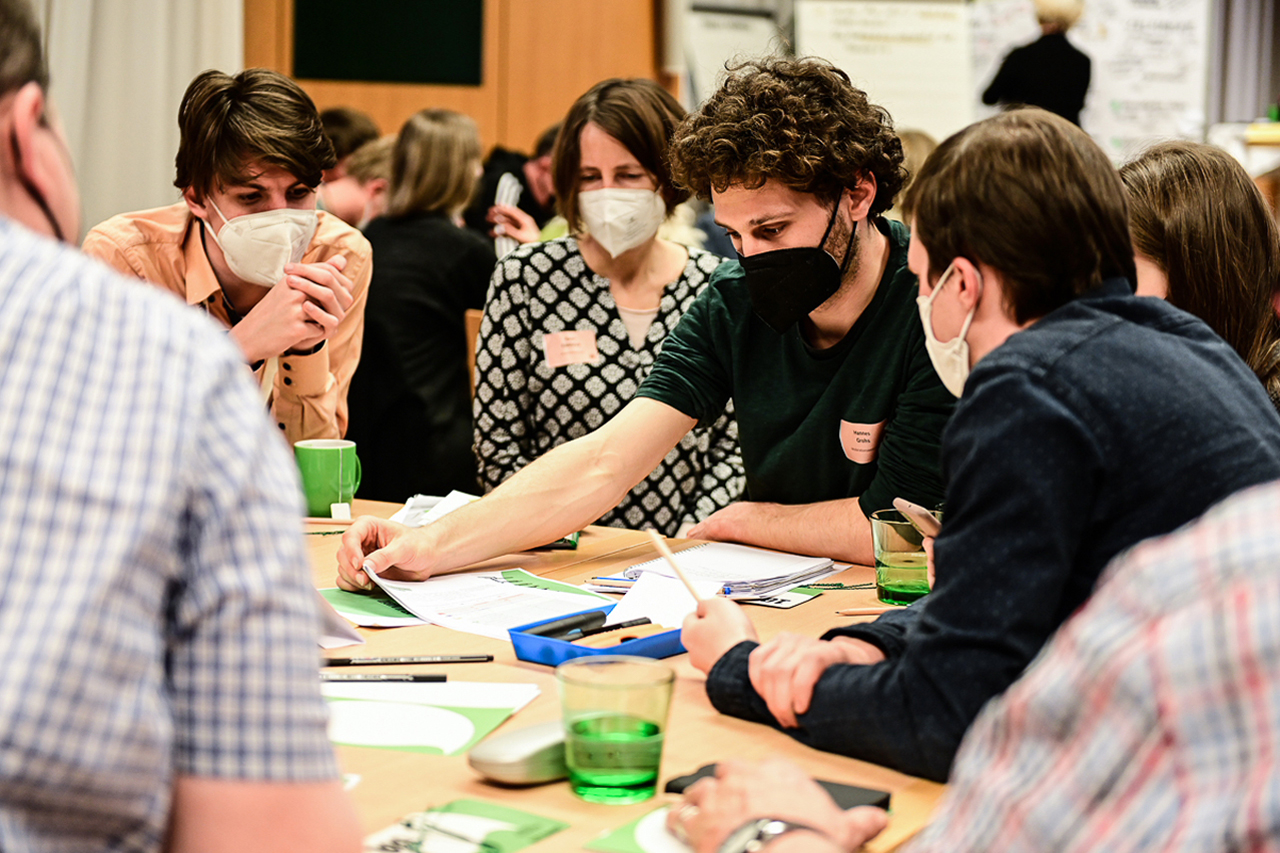
Klimarat/Karo Pernegger
Atmosphere Of Respect
I can imagine such an intense weekend programme after a full week of work might have made me a bit tetchy and impatient, but the young climate councillors I spoke to spoke glowingly of the sense of respect and tolerance. “Every single person I’ve talked to has listened to me and has thought about what I said and really was interested in the things I said,” reports Sinus, an 18-year-old from Salzburg. “They never talked down to me or anything.”
I was positively surprised by this appraisal. My experience as a teenager when discussing environmental issues with the older generation was of being patronized as if environmental concerns or enthusiasm for renewables were something you were meant to grow out of when you entered the “real world” where, absurdly, the price of petrol counts for more than the complex ecosystem of a rainforest. It appears things are happily changing.
Sinus says the stereotype that climate issues are more important for the younger members is still reflected in reality: “I do think it’s very true that the younger generation cares more, obviously, because it affects us more,” he says. But that doesn’t mean they are alone with their concerns. “From what I have seen from the older generation here, they all care a lot about the land they have lived on for many years and many have children. So, of course, it’s a big concern for them, too.”
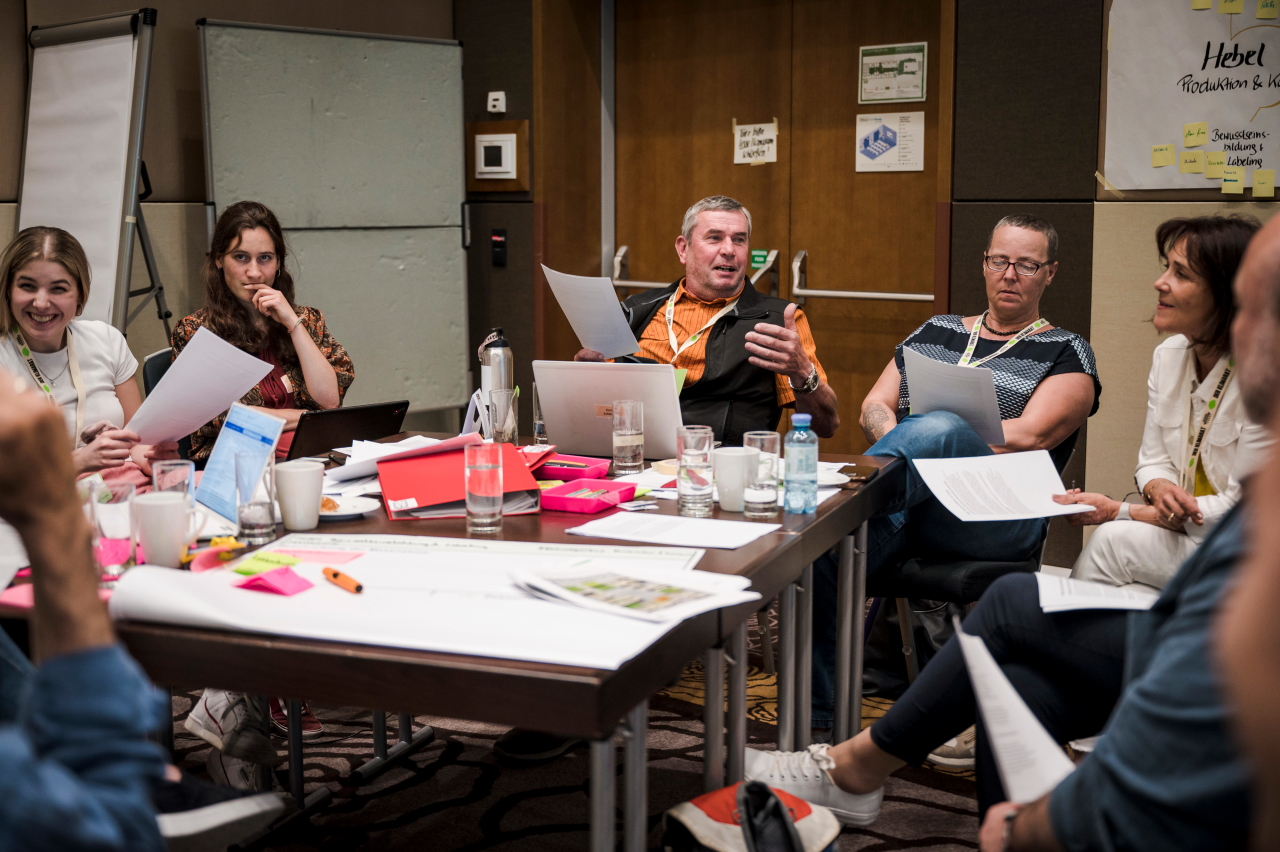
Klimarat/Karo Pernegger
Out Of The Bubble
The mix of ages and backgrounds guarantees that no-one is left shouting in their own echo chambers. Councillors are exposed to different perspectives on this one crucial issue that impacts us all. “You are brought out of your bubble and hear totally different opinions,” says Julia, who is 17 years old. “It has been a positive experience for me to find out that wherever people come from and however old they are, they all want to do their bit to stop climate change.”
This would be marvellous news if it was a true representation of Austrian society. Only about 1 in 9 of those who received invitations agreed to take part. There was no obligation to explain why you declined the invitation, but I can imagine that if you were more sceptical about climate action you might be less ready to give up 6 of your weekends.
When I put that hunch to Ulli Kittelberger, the council’s press officer, she says that during the opening two months there was more scepticism about climate action. However, she says the discussions and expert lectures gradually changed the atmosphere. The sceptics have absorbed both the scientific facts of the climate crisis and the passion of other members of the Klimarat. They have become gradually more engaged as the sessions went on.
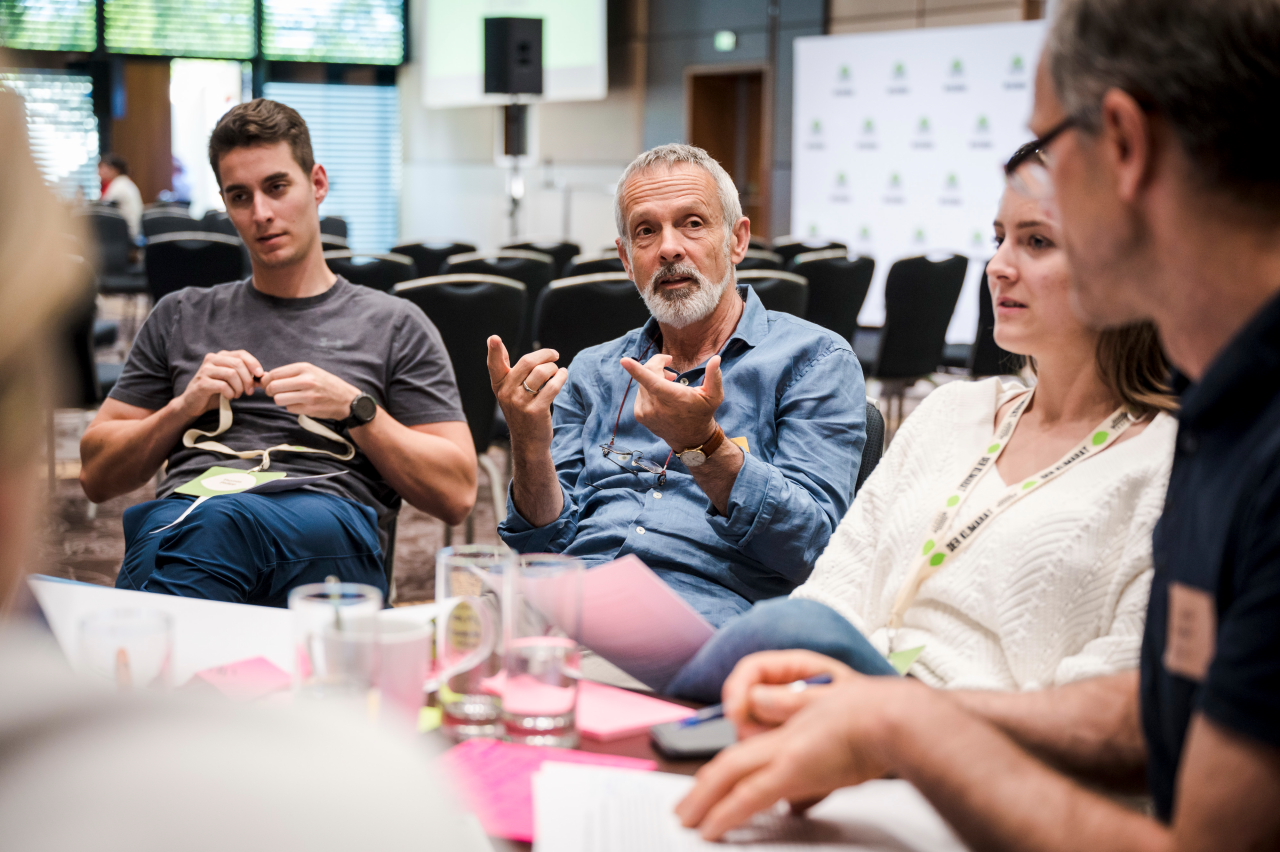
Klimarat/Karo Pernegger
Too Much PR?
The climate council is not without its critics. The 6-month project is estimated to cost around 2 million euros of public money and eyebrows were raised when it emerged that 400,000 of those had been spent on PR, with the company responsible for the project being run by Lothar Lockl, a figure with close links to the Austrian Greens.
Nonetheless, it seems to me, that such democratic platforms are vitally important. To meet the challenges of the climate crisis we are going to have to change the way we live. This is only going to work with the consensus of the people. Every public platform, however flawed, is helpful if it contributes to a sense that we are working together for a goal that will eventually serve everyone’s interest.
They Can’t Ignore It
However, for this to work, it is vital that the suggestions made by the Klimarat are taken seriously and implemented wherever possible. It would be very dangerous for the Austrian government to create this 2-million-euro project, take up so much of its citizen’s own time and to then file their suggestions away in a dusty cabinet and ignore them. That is the path to public apathy and disillusionment.
„There’s so much publicity they can’t ignore it,“ says Aeronne. „If we are bringing them something that they could do or should do, they can’t ignore it.“
The Ball’s In The Politicians’ Court
Last weekend’s meeting was the penultimate meeting of Austria’s Klimarat. The hundred members of this mini-Austria convene in Salzburg one last time on the 11th and 12th of June to finalize their suggestions for the roadmap to a climate-neutral 2040. And that’s when the really important moment for the Klimarat begins. Will we see that Austrian citizens can shape their own climate future or not?
The proof of the pudding will be in the tasting.
Publiziert am 19.05.2022







